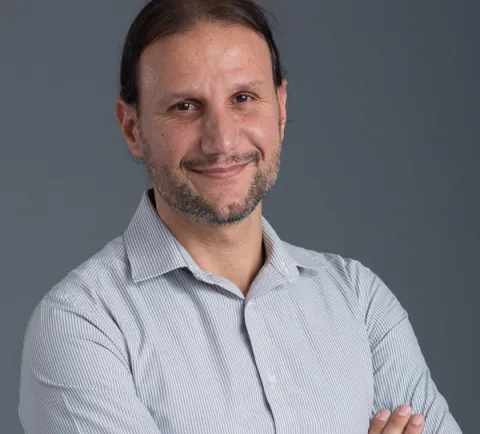About the project
This PhD is will investigate a novel approach for the monitoring and sensing of essential nutrients and other analytes in a wide range of environments by the deployment of 'living sensors'. This will involve the development of living Microbial Fuel Cells (MFCs) that are self-sustainable and capable of long-term deployment in remote and/or hostile areas.
MFCs are bioelectrochemical transducers that convert biochemical energy locked in organic matter, directly into electricity, which can then be used in different applications. MFC bioreactors consist of an anodic half-cell or electron-source, in which live bacteria grow on an anode electrode, and a cathodic half-cell or electron-sink, which may be open to air. The two half-cells are separated by a semi-permeable membrane, which also allows the movement of ions, to maintain equilibrium conditions.
MFCs can produce electricity from low grade organic waste such as sludge, insects, plant-material and detritus, through the metabolic reactions of growing microbes (biofilms) on electrodes. Multiple MFCs (stacks) can provide the necessary energy platform that would enable the long-term continuous deployment of conventional low power sensing technologies (e.g. temperature, pH, water levels, moisture, conductivity, CO2) as well as wireless communication. More importantly, MFCs (when configured in the right way) can also act as sensing devices in their own right, being capable of detecting (and measuring in real-time) a wide range of different compounds.
The proposed research will focus on strategies around differential sensing of e.g. (C, N, K, P, S or even tryptophan), by designing the MFC units/cascades and controlling the circulatory perfusate composition to one where all essential elements are in excess amounts except for the target analyte (e.g. tryptophan or bioavailable-N) that is depleted from the circulatory perfusate. Biofilm electrodes/bio-membranes will be fabricated and biofilm communities will be trained for specific analytes to be used in a MFC sensor for detecting such compounds in wastewater.
This project has the potential to develop a new generation of long-life living biosensors, that are self-sustainable and can operate in remote environments – so-called “release & forget” missions – sending valuable data to users, which can be used for environmental monitoring and repair.

